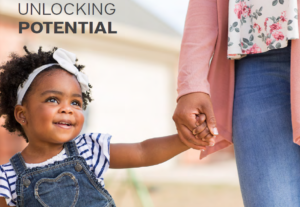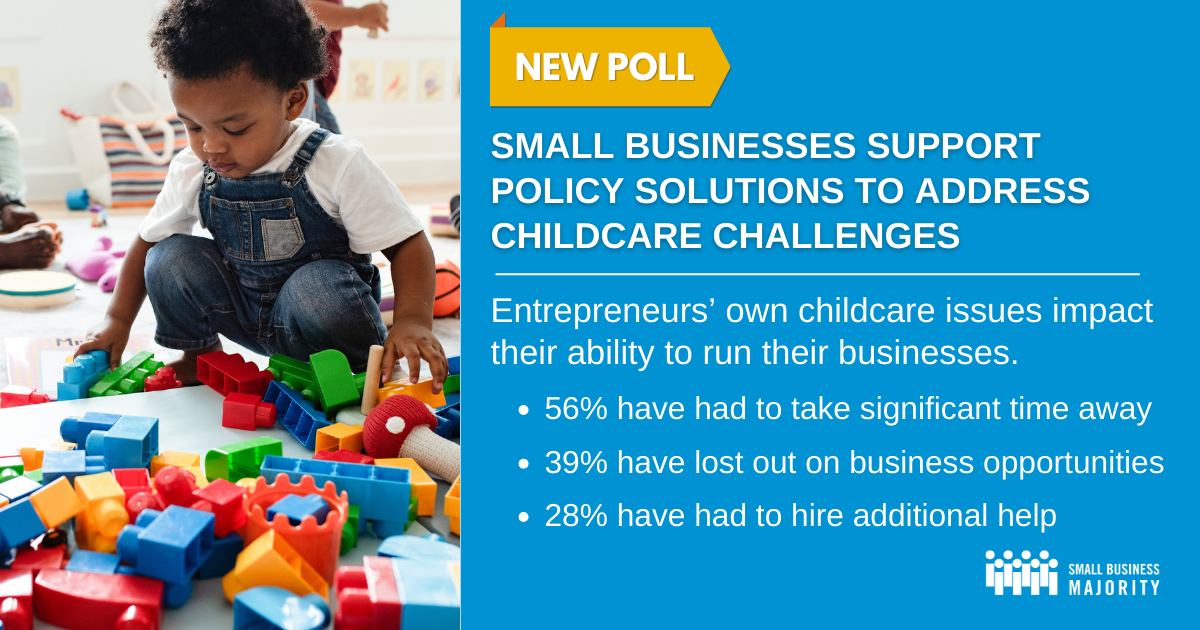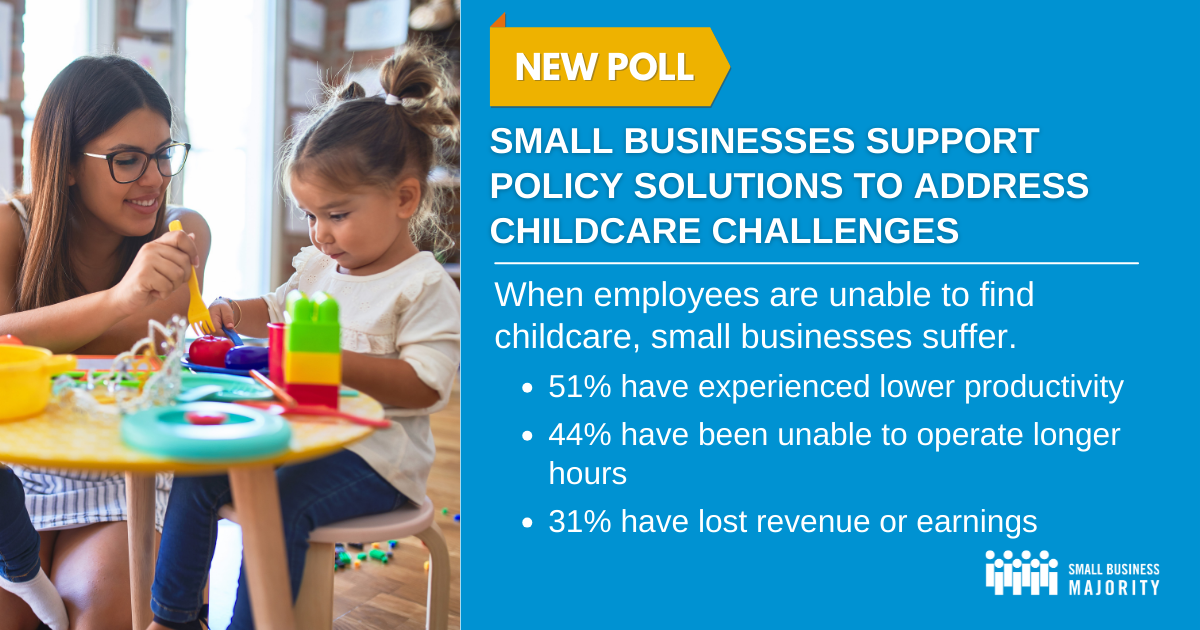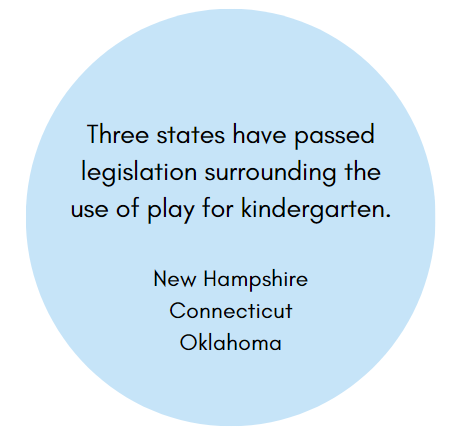It's not uncommon to think that an infant does not need to visit a dentist until age 3, but this is far from the truth. In fact, caregivers should identify a dental home for little ones by the age of 1, or at the appearance of their first tooth. This helps establish a primary location for their dental hygiene and allows caregivers access to important oral health information. While most people know that we should brush our teeth twice a day and floss often, it may be less known that babies also require their gums and teeth to be wiped down regularly after breastfeeding or bottle-feeding. Furthermore, babies should not be sleeping with a bottle or on a breast, as this lets the milk sit in the mouth for prolonged periods. It is also not recommended to give children 100% juice before age 1, and juice consumption should be limited until the age of 3.
For pregnant individuals, poor oral health and periodontal disease can lead to premature births and an increased risk of dental caries in infants and children. Early childhood dental caries is a public health concern as its prevalence continues to be upwards of 24%. In childhood, it can lead to speech and pronunciation differences throughout life. For individuals of all ages, poor oral health can have detrimental impacts on mental health, physical health, nutrition, as well as health issues like diabetes, heart disease, respiratory infections, and dementia. Good overall health cannot be achieved without good oral health.
While oral health is crucial for children and adults, a number of obstacles prevent individuals from access to care. The largest of these obstacles is a lack of insurance in general, or a lack of dental coverage specifically. Oftentimes, dental insurance is separate from health insurance and this complication prevents too many individuals from accessing oral care--as a visit to the dentist without coverage can cost hundreds of dollars. Additionally, while a parent’s health insurance can cover children through the age of 26, dental care may only cover children through the age of 19. A number of other obstacles exist, including lack of transportation, lack of convenient hours, language barriers, and issues due to immigration status. Dentists are typically only open during the week during normal business hours. This makes them inaccessible to many who may not be able to miss work or lack child care. The barriers to dental care lead to a number of disparities for Black and Hispanic children, as well as for those with lower socioeconomic statuses.
Recently, the MOM Project Bill was introduced to establish a three-year pilot program under the Department of Health, focused on providing eligible mothers with oral health education. After the completion of this educational program, the mother, infant, and children would receive oral health treatment for one year. This bill would help decrease maternal periodontal disease, thereby reducing the likelihood of preterm birth and low birthweight. The one year of treatment for mothers and children would help set the foundation for excellent oral health, which would be further supported by the knowledge the mothers would gain from the educational training.
To learn more about this important issue view the recording of ACNJ's Lunch and Learn on the importance of oral health, presented by Dr. Michal Herman, COO of KinderSmile Foundation. KinderSmile Foundation provides underserved children with comprehensive dental care and educates children and families on the importance of oral health. Amongst their many services is a Perinatal Health and Wellness Program focused on educating pregnant and new mothers on dental hygiene. It provides free adult dental care following an individual’s attendance at the educational session. KinderSmile Foundation has Community Oral Health Centers in Bloomfield, Newark, and Trenton, and helps eliminate barriers to access in each of these communities.


 In order to give all children a strong and equitable start in life, New Jersey must begin with an intentional focus on eliminating racial inequities and disparities in access to essential supports, according to a new report,
In order to give all children a strong and equitable start in life, New Jersey must begin with an intentional focus on eliminating racial inequities and disparities in access to essential supports, according to a new report, 




